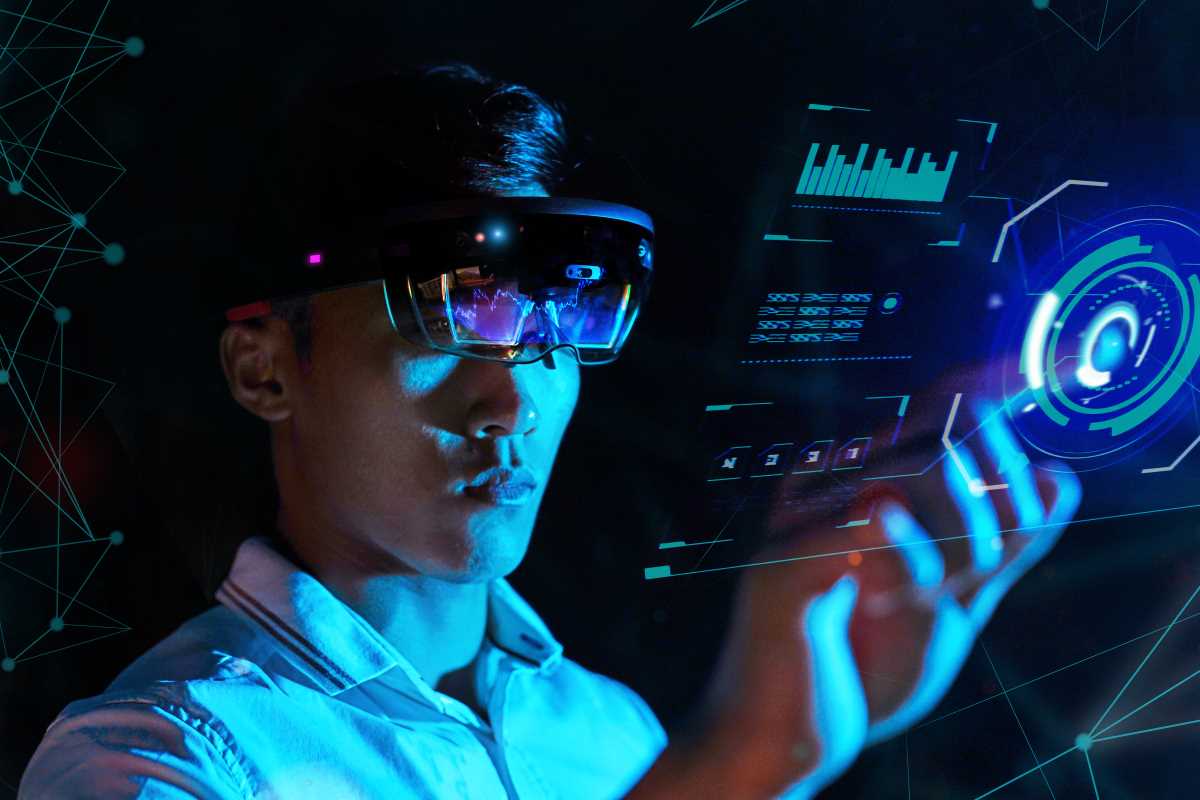Since AI technologies are increasingly shaping the future, universities worldwide are making big shifts to prepare students for the AI-driven economy. From the classes they offer to the teaching strategies they implement, schools are adapting to meet the demands of industries that are evolving rapidly under AI’s influence. Here’s a detailed look at how higher education is paving the way for an AI-centric future.
Why Are Universities Focused on AI?
AI is no longer a niche technology. Instead, it has become integral to industries such as healthcare, finance, transportation, and even the arts. By 2030, AI is expected to contribute over $15 trillion to the global economy, making it one of the largest economic drivers of our time. That means today’s college students are stepping into a workforce that increasingly depends on AI-based tools and systems.
For example, in healthcare, AI is being used to improve diagnostic processes, create personalized treatment plans, and even predict disease outbreaks. Similarly, in finance, tools powered by AI help with risk assessment, fraud detection, and algorithmic trading. Given the breadth of AI’s influence, organizations across the board are seeking employees with at least a basic understanding of how these technologies work.
Whether designing AI systems, integrating them into existing operations, or ensuring they are implemented ethically, graduates need a versatile skill set to thrive. Universities are responding to this challenge by reshaping their curricula to prepare students for the jobs of tomorrow.
Key Ways Universities Are Adapting
1. Introducing AI-Focused Majors and Courses
One of the most obvious changes is the surge in AI-specific degrees and courses being offered. Schools worldwide are proactively creating dedicated AI programs aimed at teaching students the foundational theories as well as practical applications of machine learning (ML), deep learning, and data science.
- At Stanford University, the “Artificial Intelligence Graduate Certificate” program gives students specialized expertise in areas like neural networks, natural language processing, and AI for robotics.
- The University of Toronto offers a Master of Science in Applied Computing with a focus on AI, enabling graduates to tackle real-world problems by combining technical knowledge with practical experience.
For students who may not want to commit to a full degree, universities are also offering introductory courses like “AI for Everyone” or “AI in Business.” These courses focus on the broader applications of AI across industries, helping non-technical students integrate AI knowledge into fields such as management, marketing, or social sciences.
For instance, the University of Georgia provides an undergraduate elective titled “AI Applications in Social Media and Marketing,” demonstrating how businesses can use AI-driven analytics tools to enhance customer engagement.
2. Integrating AI into Existing Programs
AI isn’t just for engineers or computer scientists anymore. Universities are embedding AI content into other traditional fields of study to ensure students in all disciplines gain relevant exposure. By integrating AI into medicine, law, finance, and even creative disciplines, schools are helping diversify who benefits from AI education.
Healthcare Programs
Medical schools are emphasizing the use of AI in diagnostics, imaging, and treatment personalization. Johns Hopkins School of Medicine has incorporated modules on AI advancements in radiology, where students learn how algorithms are used to detect early signs of diseases like cancer with greater accuracy.
Law Programs
Law schools such as Georgetown University have introduced courses on “AI and the Law,” where students examine AI’s role in case prediction, streamlining legal research, and drafting contracts. These programs also address potential legal challenges, such as liability issues involving AI-generated outcomes.
Finance Programs
Financial programs are integrating AI into investment strategies, fraud detection, and risk management. For example, at MIT’s Sloan School of Management, the course “Machine Learning for Financial Data Analysis” teaches aspiring financial professionals how to apply AI algorithms to improve efficiency and decision-making.
Arts Programs
The creative arts have also embraced AI, with institutions like Parsons School of Design encouraging students to experiment with AI tools such as DALL·E for digital illustration and MidJourney for visual storytelling. By blending art with technology, creative students can push the boundaries of innovation.
This interdisciplinary approach ensures that a broader range of graduates—from lawyers to doctors to artists—is prepared for the workforce of the future.
3. Focusing on Data Literacy
At its core, AI depends on data. Collecting, interpreting, and making decisions based on data are foundational skills in the AI economy. Many universities are adding courses on data science and analytics to their programs, helping students build fluency in how data drives AI innovations.
For instance:
- Harvard University runs a popular course titled “Data Science for Beginners,” where students learn data visualization, statistical modeling, and basic machine learning concepts.
- The University of California, Berkeley offers workshops and certifications in Python and SQL, two of the most commonly used tools for processing and analyzing data.
By emphasizing data literacy, universities equip students with the ability to interpret AI outputs, whether they use AI for marketing decisions, clinical diagnostics, or policy planning.
4. Highlighting Ethical AI
AI comes with both remarkable possibilities and significant risks. Issues like algorithmic bias, privacy violations, and the societal impact of AI-induced job displacement demand urgent attention. Universities are tasked with ensuring future leaders approach these challenges thoughtfully. Ethics courses that focus on AI usage and responsibility are becoming central features of modern curricula.
Carnegie Mellon University, for example, offers a course on “AI Ethics and Social Responsibility,” which digs deep into issues like algorithm transparency, ethical programming practices, and unintended consequences of AI systems.
Similarly, Oxford University’s “Ethics of AI” course covers global regulations, biases in facial recognition, and the moral responsibilities of AI creators. By emphasizing ethics, schools aim to graduate professionals who use AI to improve lives, not exacerbate inequalities.
5. Building Hands-On Learning Opportunities
Theoretical learning has its place, but many universities are doubling down on practical experiences to ensure students understand how AI works in the real world. Partnerships with leading tech companies, hackathons, capstone projects, and internship opportunities are giving students the hands-on experience they need.
- At the University of Texas at Austin, students pursuing an AI specialization can participate in internships with companies such as IBM or Google, where they work on cutting-edge projects like natural language understanding or AI-driven cybersecurity tools.
- Hackathons hosted by organizations like Microsoft or Meta often include university partnerships, challenging students to build innovative AI solutions in a competitive environment over a weekend or week-long event.
Such hands-on experience not only helps students solidify their understanding of AI concepts but also looks impressive on resumes and job applications.
What’s in It for Today’s Students?
For students gearing up for their professional careers, these changes in university curricula offer a wealth of benefits. First and foremost, AI education dramatically improves employability. With AI-related skills increasingly in demand, students who gain even a foundational understanding of AI have an edge over other candidates when it comes to job applications.
Another advantage lies in adaptability. Having AI knowledge opens doors to a variety of industries. Engineers, marketers, business leaders, data analysts, and designers are all finding ways to weave AI into their work. Learning the applications of AI early offers students the flexibility to pivot across industries.
Lastly, mastering AI prepares students to face future challenges head-on. Whether it’s working in an entirely new profession created by AI advancements or solving problems brought about by technology, these skills equip graduates with the tools they need to remain relevant in a rapidly evolving world.
 (Image via
(Image via





